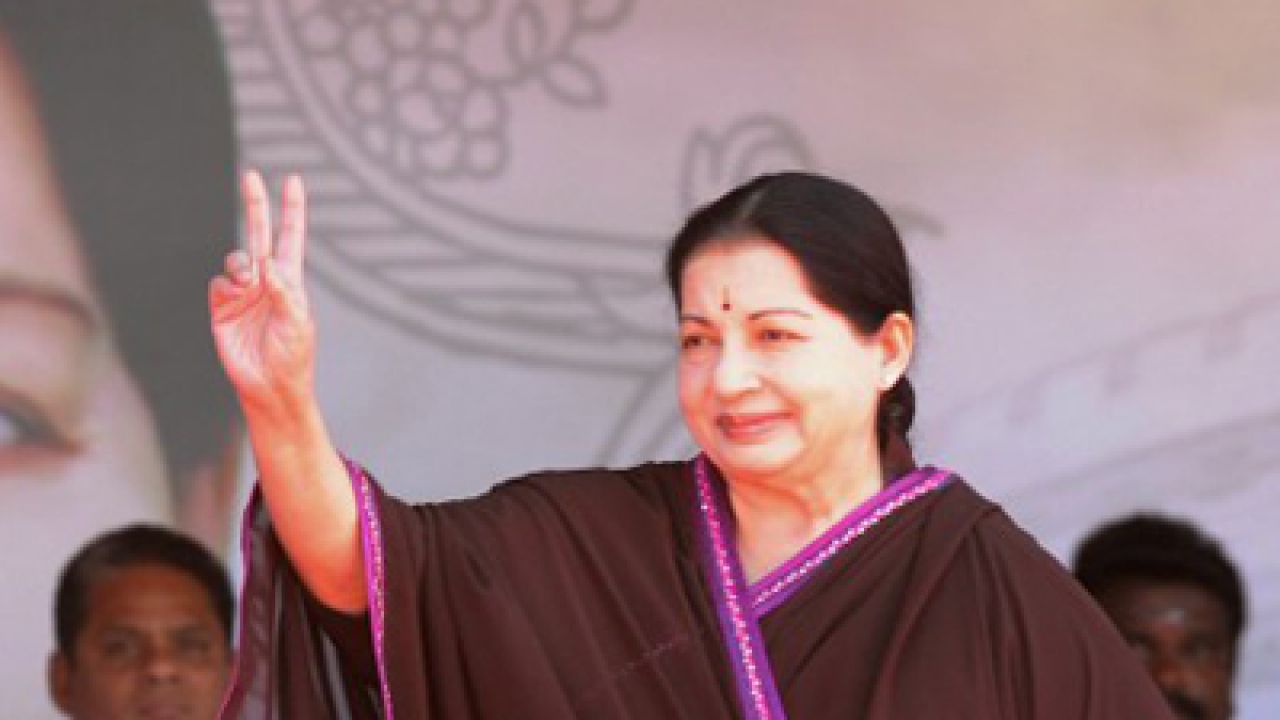
Jayalalithaa's sheer desperation to avert the consequences of her conviction and sentence was evident from her voluntarily submitting herself to house arrest till her appeal was decided by the Karnataka High Court.
This desperation persists despite a benevolent Supreme Court staying her sentence and granting conditional bail. Because, it is her conviction by the Special Court which holds the key to the survival or doom of her political career. The Representation of the People Act mandates that a person convicted and sentenced to prison even for a day under the Prevention of Corruption Act, stands barred from contesting elections for six years. If this is calculated correctly, it means that Jayalalithaa would have to sit out of active politics for a decade, which would mean an end to her political career.
The fervid speculation over whether the stay of sentence also includes the stay on the conviction takes one back to Sanjay Dutt's travails. On 31 March 2009, the Supreme Court turned down his plea for stay of conviction, which meant he could not contest the elections (Dutt was running on a Samajwadi Party ticket).
The court had to interpret Section 389(1) of the Code of Criminal Procedure, which provides that pending an appeal, the "execution of the sentence or the Order appealed against" can be stayed, so long as the reasons are recorded in writing.
Only the Order of sentence can be executed, and hence, suspended.
The wording of the provision gave rise to some confusion- what shall be stayed? The Order holding a person guilty, or only the Order imposing the punishment or penalty? Justice Ahmadi, writing the judgement in Rama Narang vs Ramesh Narang & Ors (1995) cleared the air, by emphasising upon "execution". Only a sentence can be "executed" in a tangible manner, that is, a person could either be jailed, or fined, as the case may be. In so far as conviction is concerned, it stays as a record of a person's guilt, but cannot be "executed", he held.
Under what circumstances can such sentence be stayed? Only in exceptional circumstances where failure to do so would lead to injustice and irreversible consequences, that's what the law says.
The court was not inclined to extend any leniency to Dutt, holding that his circumstances were not exceptional, and keeping in mind the seriousness of the charges, allowing his plea would in fact be an act of injustice.
Is it the end of the road?
Jayalalithaa, going by her penchant for pugilistic jabs at the law, might still try the last trick up her sleeve- invoke the Supreme Court's decision in Navjyot Sidhu's case (2007).
In that somewhat ambiguous judgement, the court had not considered its own ruling in Rama Narang, and stayed Sidhu's sentence as well as conviction for culpable homicide in a case of road rage, and saved him from being disqualified as MP.
But in all probability, Jayalalithaa would not share Sidhu's good fortune, not only because there has been a paradigm shift in the law, but also because the corrupt ex-chief minister's offences stands on a fundamentally different footing from that of the hot-tempered cricketer.
While rejecting her bail plea on October 7, the Karnataka High Court categorically stated that because of the massive fraud she had committed on the public exchequer, she deserved not even a dram of mercy. The court minced no words to castigate her for the gross abuse of a constitutional position and the faith of the electorate.
Moreover, on July 10, 2013, the Supreme Court struck a near-fatal blow to convicted politicians taking advantage of loopholes in the law. In the Lily Thomas and Lok Prahari cases, it declared as unconstitutional Section 8(4) of the Representation of the People Act, which allowed a convicted legislator to evade disqualification by filing an appeal or revision, and keeping it pending by use of dilatory tactics.
And, just in case the court is on the verge of being magnanimous, its own ruling in the State of Tamil Nadu vs A. Jaganathan (1996) along with the trenchant observations of the Special DA Court judge - that corruption by public authorities and high constitutional functionaries brook no tolerance should be caution enough to consign Jayalalithaa to the path of political oblivion.
It would take nothing but immense cynicism to contend she deserves anything else.